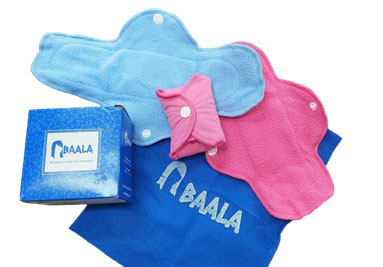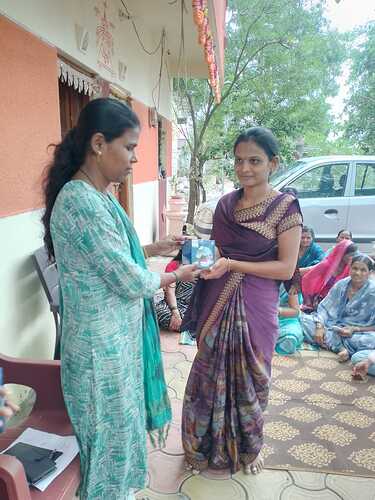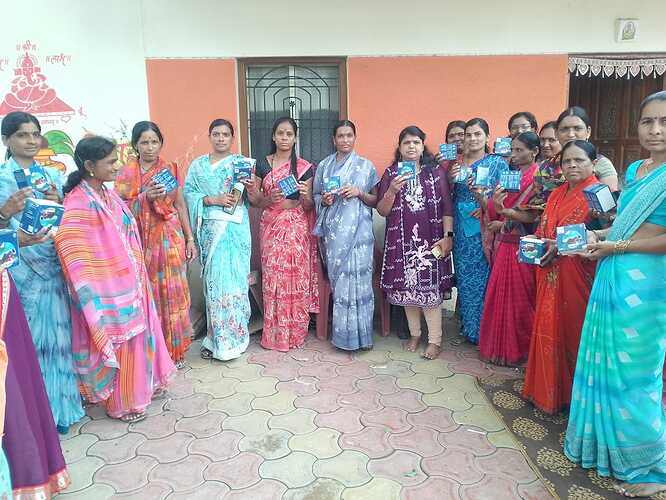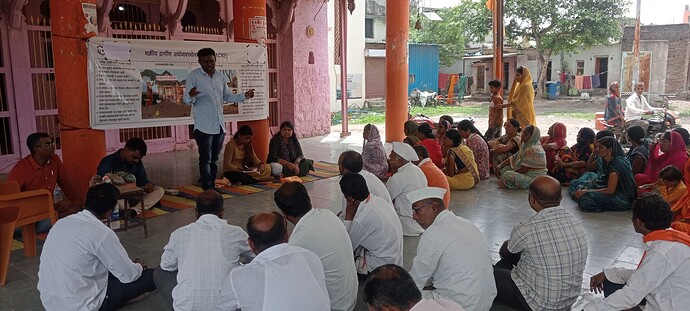A transformative training program focused on building sustainable rural economies was recently held for 20 women farmers in Sangamner Taluka, Ahmadnagar district, Maharashtra. From March 23rd to 25th, 2025, these dedicated farmers participated in the Accelerating Circular Rural Economy (ACRE) training, an initiative designed to empower them within a circular economic framework.
ACRE: Cultivating Circularity in Agriculture
The ACRE training promotes a shift away from the linear “take-make-use-dispose” economy, which contributes to waste, pollution, and environmental degradation. Instead, it champions a circular approach, emphasizing regeneration, resource efficiency, and waste reduction. The program’s core objective is to promote rural circular economy.
Key Training Modules for Sustainable Enterprises
The training in Sangamner provided comprehensive insights into establishing sustainable agricultural enterprises, with a focus on practical applications for the local context. Key modules included:
-
Understanding the Circular Economy: Participants explored the principles of a circular economy and their application to agriculture, contrasting it with the unsustainable linear model.
-
Soil Health and Organic Management: Given the challenges of rainfed agriculture, the training emphasized organic soil management to enhance fertility and promote sustainable practices.
-
Organic Input Production as a Business: Recognizing the potential for local solutions, farmers investigated producing organic inputs to meet local demand and generate income.
-
Farming Activities as Entrepreneurial Ventures: The training encouraged women to view their farming activities as businesses, addressing challenges and identifying opportunities for providing agricultural services.
-
Value Addition for Increased Income: Participants explored strategies for adding value to agricultural products to diversify income streams and access new markets.
-
Developing Robust Business Plans: A critical focus was placed on developing business plans, covering market analysis, competitor assessment, and financial planning.
At present, our trainings are only in Marathi and Hindi. We could potentially do in Tamil with some advance preparation.
For those interested, here is the structure of the training.
tRAINING OF ACRE for farmers - 3 days.pdf (1013.0 KB)
Here is an example handout for the participants to fill as it is an interactive course.
handouts for ACRE_Sangamner_WL.pdf (855.3 KB)
Look forward to more of such trainings with partner organizations involved in promoting rural agriculture based entrepreneurship.





